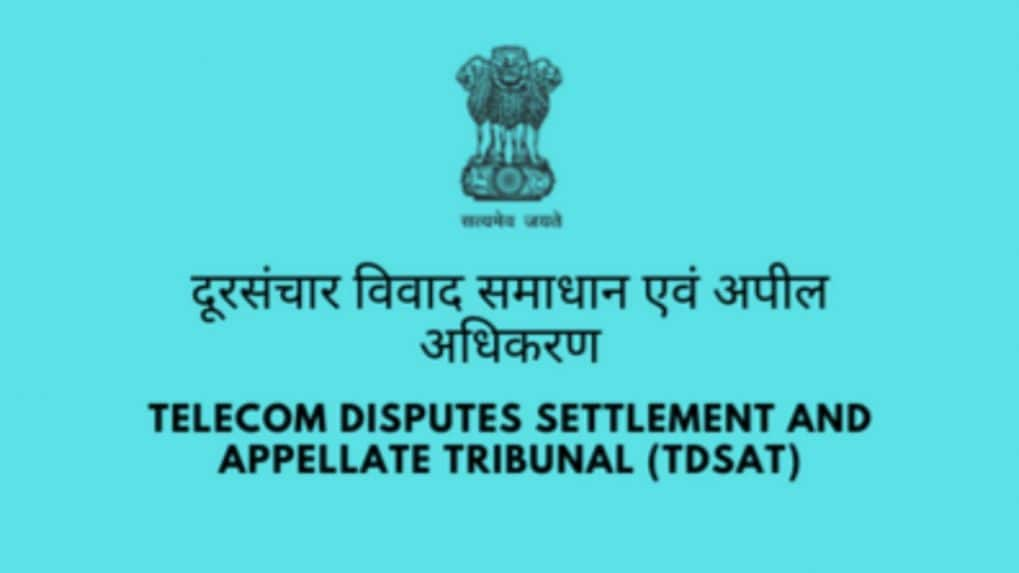Advertising
From Pink Slips to Silent Sidelining: Inside adland’s layoff and anxiety crisis

The Telecom Disputes Settlement and Appellate Tribunal, which has long grappled with an overflowing docket spanning broadcasting, telecom and airport-tariff matters, is poised to take on a new and far more complex responsibility: hearing appeals arising from data-privacy decisions, marking a major widening of its jurisdiction post notification of Digital Personal Data Protection Rules.
TDSAT will assume a central role under the framework governing appeals against orders of the newly constituted Board, with the Digital Personal Data Protection (DPDP) rules coming into effect detailing a largely digital, tech-driven appellate process.
The rules state that any person aggrieved by an order or direction of the Board may approach the tribunal, which has been designated as the appellate authority under the Act. Appeals are required to be filed in digital form, in a move that aligns the tribunal’s functioning with broader goals of paperless governance.
The rules also prescribes that fees for appeals will mirror those applicable under the Telecom Regulatory Authority of India Act, 1997, unless reduced or waived by the tribunal’s chairperson. Payments are to be made digitally through UPI or other RBI-authorised systems.
Significantly, the tribunal has been empowered to regulate its own procedure, guided by principles of natural justice rather than the Civil Procedure Code. It will function as a full-fledged digital office — enabling online filing, virtual hearings, and digital delivery of orders — while retaining powers to summon individuals and examine them on oath.
Under the statutory provisions, appeals must be filed within 60 days of receiving the impugned order, though the tribunal may condone delays for sufficient cause. Once an appeal is admitted, the tribunal may confirm, modify, or set aside the order after hearing the parties. It is expected to dispose of cases within six months, and must record reasons if timelines are exceeded.
Orders of the tribunal will be executable as civil court decrees, and may also be transmitted to local civil courts for enforcement. The law further provides for mediation in suitable cases, and allows the Board to accept voluntary undertakings from parties at any stage of proceedings, with violations treated as breaches of the Act.
Institutional Reforms Needed, Say Experts
Legal and policy experts caution that the tribunal must undergo structural strengthening to manage the expanded caseload and complexity expected under the new regime, especially given the addition of data protection matters to its traditional telecom and broadcasting docket.
They highlight the need for appointing a technical member with specialised knowledge in data protection, enhancing its capacity to dispose of appeals efficiently, and upgrading its digital infrastructure in line with the proposed “digital-by-design” mandate.
Experts also emphasise the importance of transparency and accountability. One recommended mechanism is the publication of annual reports detailing the number of appeals filed, disposed of, and pending — broken down by category, including telecom, broadcasting, and data protection. Reporting on key issues adjudicated each year, they say, would help build public trust and ensure that the tribunal is equipped to handle emerging challenges in India’s fast-evolving digital governance ecosystem.
As data protection takes on greater prominence in regulatory enforcement, the tribunal’s ability to deliver timely and reasoned decisions will be central to protecting individual rights and ensuring adherence to the rule of law.
From purpose-driven work and narrative-rich brand films to AI-enabled ideas and creator-led collaborations, the awards reflect the full spectrum of modern creativity.
Read MoreLooking ahead to the close of 2025 and into 2026, Sorrell sees technology platforms as the clear winners. He described them as “nation states in their own right”, with market capitalisations that exceed the GDPs of many countries.